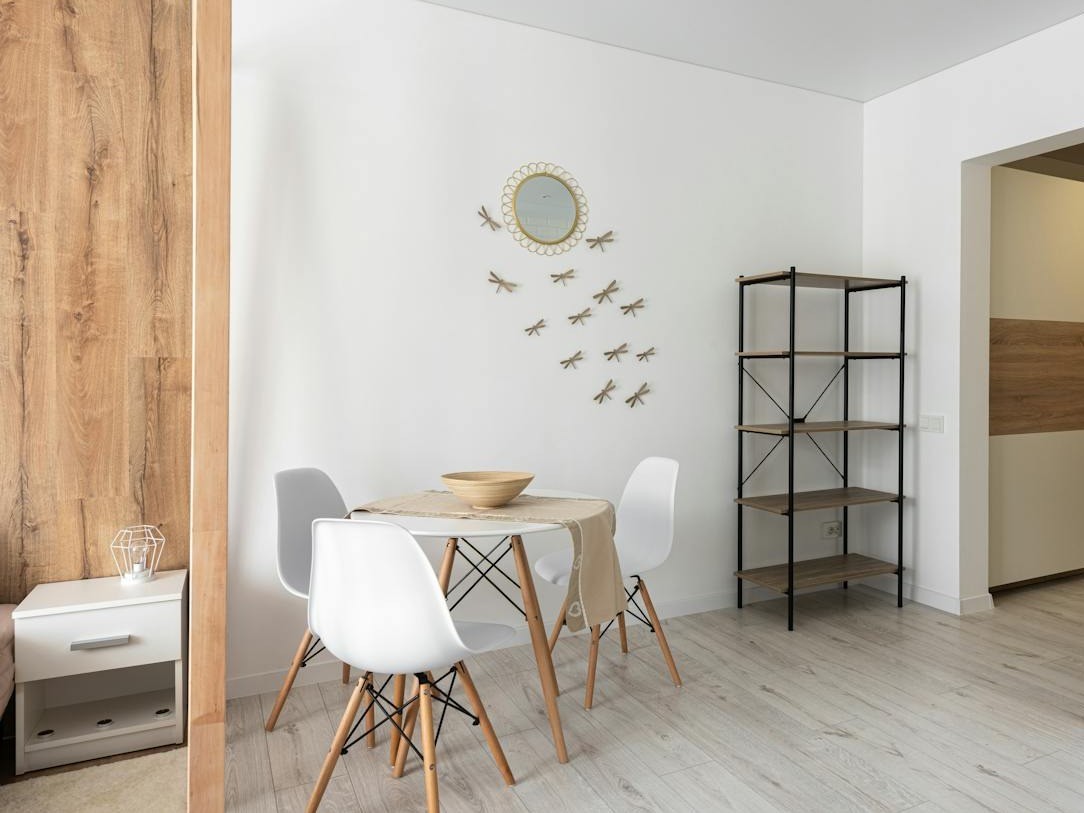The Value Added Tax on new construction homes: everything you need to know

Learn how proper management of this tax will help you achieve the greatest benefit.
Are you planning to sell a newly built property during 2024? It can be an excellent decision! But remember: the Value Added Tax (VAT) plays a fundamental role in these types of transactions.
Proper management of this tax not only ensures compliance with tax laws but also allows you to set a competitive price in the market and maximize your profits.
The Value Added Tax
Commonly known as VAT, the Value Added Tax is applied to the consumption of goods and services in various areas. It is a requirement in most nations and is uniformly implemented throughout the European Union.
During any sales transaction, it is essential to consider VAT, both in issuing invoices and calculating the final price of products.
How is VAT applied to newly built homes?
VAT is exclusively applied to newly constructed properties – treated as commercial transactions – compared to second-hand homes, categorized as heritage transmissions and subject to the Property Transfer Tax (ITP).
According to Law 37/1992 – dated December 28 – on Value Added Tax:
- "Buyers of new properties mainly intended for housing must pay the current tax rate at the time of the transaction. This applies to buildings where, at least, 50% of the constructed area is intended for properties and includes garages and annexes transmitted together (provided that the number of garage spaces designated to each owner does not exceed two units)."
In Spain, the VAT for these properties is 10% of the property value. The buyer pays the amount to the seller, who, in turn, transfers it to the Public Treasury.
Exceptions in VAT payment
There are special situations in the payment of this contribution:
- Properties under particular regimes, such as official protection (VPO) or integrated into public projects, benefit from a discount on VAT, which can be up to a 4% reduction.
Taxes associated with the sale of a property
As mentioned earlier, concerning VAT, it is the buyer's responsibility to pay this amount, while the seller only needs to remit it to the tax administration.
However, it is essential for the owner to be informed about the taxes related to the sale of their property. What are these charges?
- Income Tax on Individuals (IRPF): When selling a property, a change in wealth is generated, legally considered a capital gain. Even if the property is sold for a price lower than the acquisition cost, it is necessary to declare any gain and pay the corresponding taxes to the IRPF in the fiscal year following the sale.
-
Municipal Capital Gains Tax: It taxes the increase in the value of the land from purchase to sale. Generally, it is paid within 30 business days after the signing. It is advisable to consult with the City Council where the property is located to confirm the exact deadline and amount, as it is a local tax.
-
Property Tax (IBI): Although it must be paid annually regardless of whether a sales transaction is made, it is important that this tax is up to date to ensure that the property is transferred without pending charges.

Why trust CEIGRUP – FINQUES COMPANY?
At CEIGRUP – FINQUES COMPANY, we specialize in property marketing. We want to make the entire process easier for our clients and free them from associated procedures and paperwork.
Therefore, we manage and process all the necessary documentation for the purchase or sale of a property. We do this with total transparency, professionalism, and rigor.
If you are looking for a leading real estate agency in the Girona area, do not hesitate to contact any of our 4 offices located in the main towns of the province: Girona, Figueres, Roses, and Llançà. We are here for you!"

